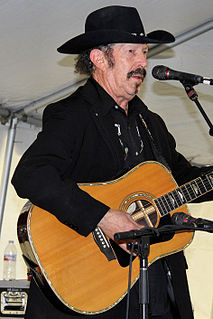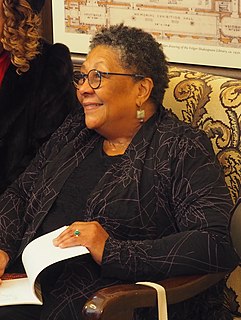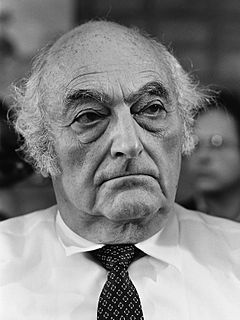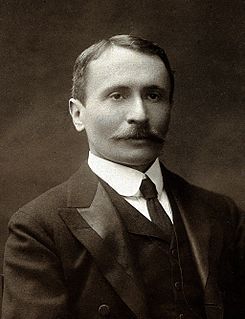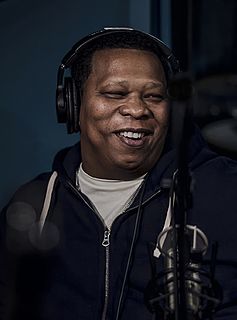A Quote by Kinky Friedman
Seventeen publishers rejected the manuscript, at which time we knew we had something pretty hot.
Related Quotes
To rush in upon an event before its significance has had time to separate from the surrounding circumstances may be enterprising, but is it useful? ... The recent prevalence of these hot histories on publishers' lists raises the question: Should - or perhaps can - history be written while it is still smoking?
When I received the Nobel Prize, the only big lump sum of money I have ever seen, I had to do something with it. The easiest way to drop this hot potato was to invest it, to buy shares. I knew that World War II was coming and I was afraid that if I had shares which rise in case of war, I would wish for war. So I asked my agent to buy shares which go down in the event of war. This he did. I lost my money and saved my soul.
In the night ride across the Wular lake a small storm made me worry for the safety of my manuscript (Rajatarangini). It seemed as if the goddess of wisdom - Sharada, represented by waters of Kashmir, was unwilling to let me abduct the manuscript. This is what happened 1200 years ago to the Chinese pilgrim Hiuen-Tsang, who had to leave his Sanskrit manuscript in the angry Indus River.
I kept writing short stories and sending out my manuscript, and it kept coming back like a bad penny. It was rejected all over town, quite often in very complimentary terms, but rejected nonetheless. Agents would return it saying that they loved it but didn't think they could sell it, or they would ask if I could change the collection into linked stories.
